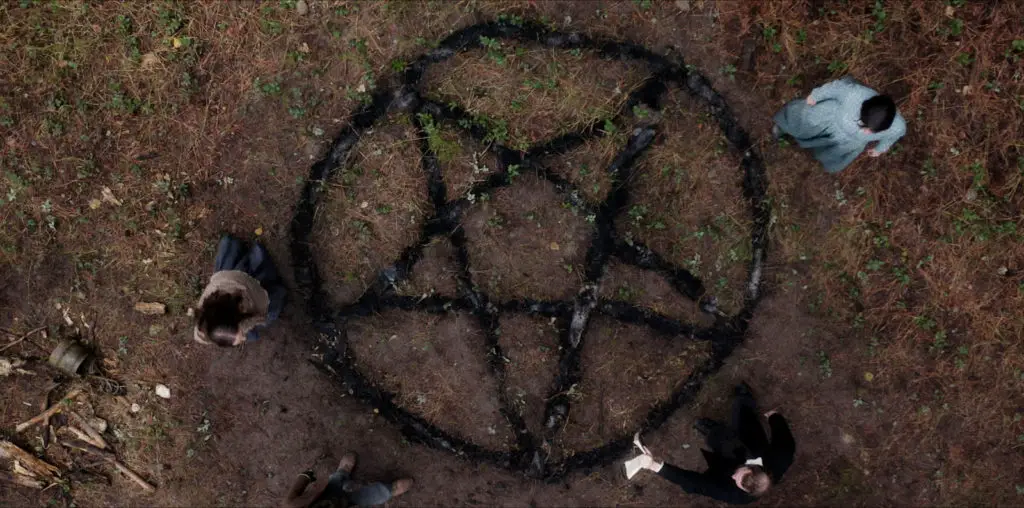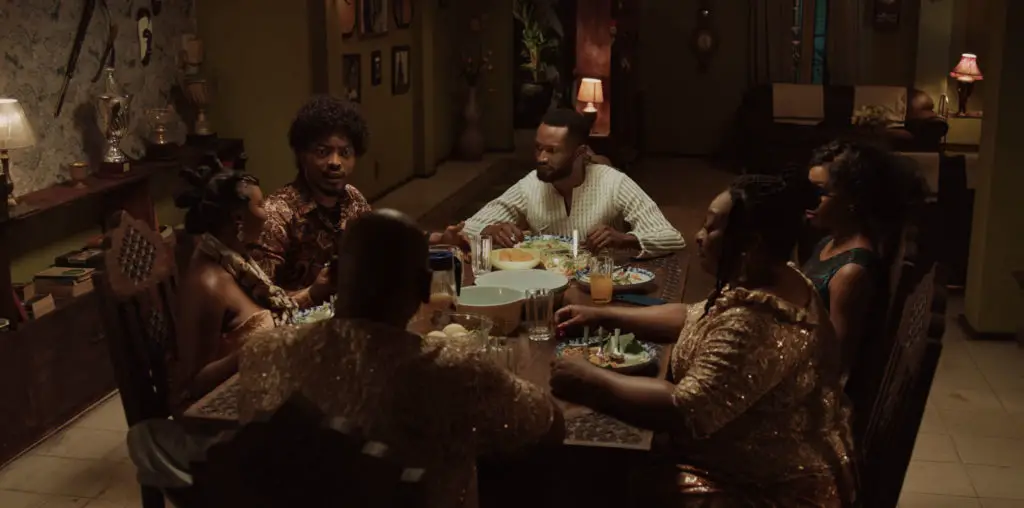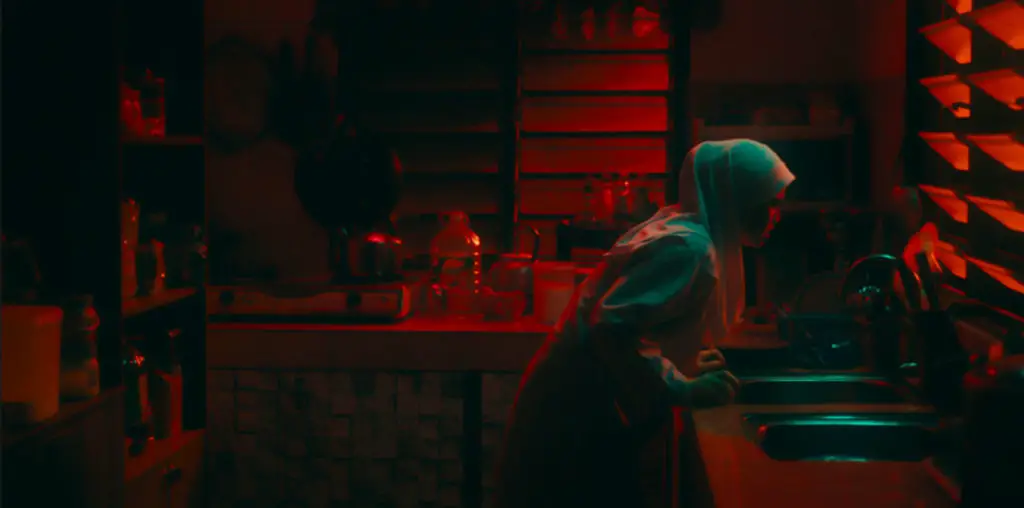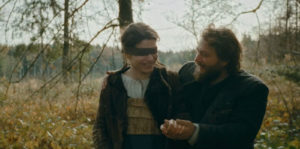
Hundreds of years ago in Europe, the Church mandated that the souls of those who commit suicide are doomed to eternal damnation. There happened to be a loophole, however. If one murdered another person and later confessed to a priest, your soul would be saved, even as you were put to death by authorities. This method of directly killing oneself often came at the expense of murdering one’s child. Research into this strange practice inspired co-writers/co-directors Severin Fiala and Veronika Franz’s horror film The Devil’s Bath (Des Teufels Bad).
If the above paragraph is any indication, this is a brutal film. The filmmakers revel in the fact that they’re putting their audience through the wringer. If there’s any doubt as to what a filmgoer should expect, an on-screen infanticide within 5 minutes of the opening is about as subtle as one’s shin-hitting a trailer hitch. This is certainly no walk in the park.
After the shocking opener, we flash forward to Agnes (Anja Plaschg, giving a stunning performance) getting married to Wolf (David Scheid). This being Austria hundreds of years ago, their marriage is little more than a union of convenience. Procreating and working the land are the general expectations. There are subtle indications that Wolf is secretly gay, preventing the consummation of their marriage. To make matters worse, Wolf’s overbearing and borderline antagonistic mother (Maria Hofstätter) makes Agnes feel inferior in every way. Madness begins to set in as she feels increasingly trapped in this hostile environment.
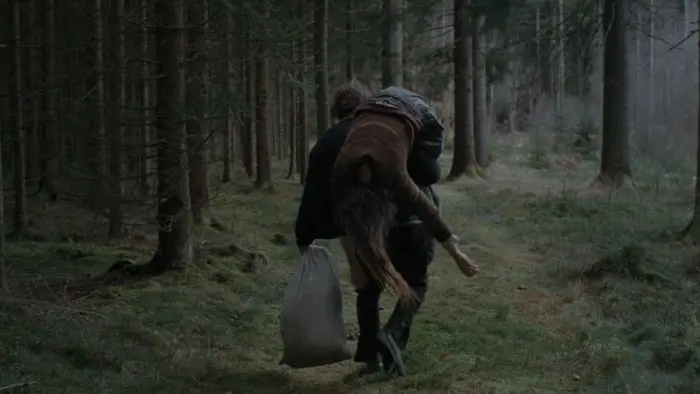
“…Wolf’s overbearing and borderline antagonistic mother makes Agnes feel inferior…”
Fans of Robert Eggers’ work will be right at home with The Devil’s Bath. The world of medieval Austria is characterized by an inherent coldness and melancholy, which echoes the unforgiving community at the heart of The Witch. Agnes finds no respite in this world, and the harsh, verdant wilderness is the perfect setting for this harrowing tale.
Fiala and Franz bring us into Agnes’s headspace through Plaschg’s convincing performance and Martin Gschlacht’s masterful cinematography. Successful horror is often all about setting the mood, and in this regard, the film is more convincing than most. Everything is off-kilter, making for an uncomfortable watch because we know terrible things are around the corner at every turn.
Some will argue that the misery heaped upon Agnes is too much to bear. I’ll cede that point to a degree. Much of The Devil’s Bath is her navigating a merciless existence. This drives her to a shocking conclusion that no one expects. The film, though, is so eloquently crafted that it’s easy to forgive the general unpleasantness. After all, in a media environment where creators are often too unwilling to press buttons, it’s refreshing to be reminded that boundary-pushing still happens.
The Devil’s Bath is one of the more memorable foreign horror movies in some time. It brings to mind films like Antichrist and even classics such as The Wicker Man. Much of its horror comes from the realization that, for a supposedly advanced society, we’re not that far removed chronologically from this twisted existence.
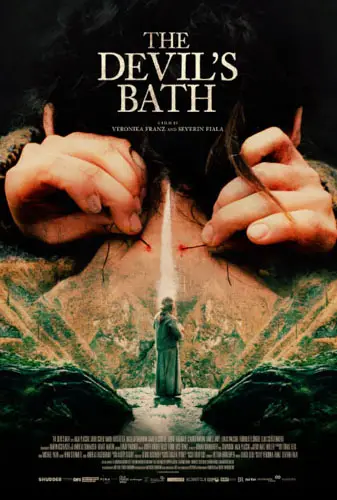
"…one of the more memorable foreign horror movies in some time..."
